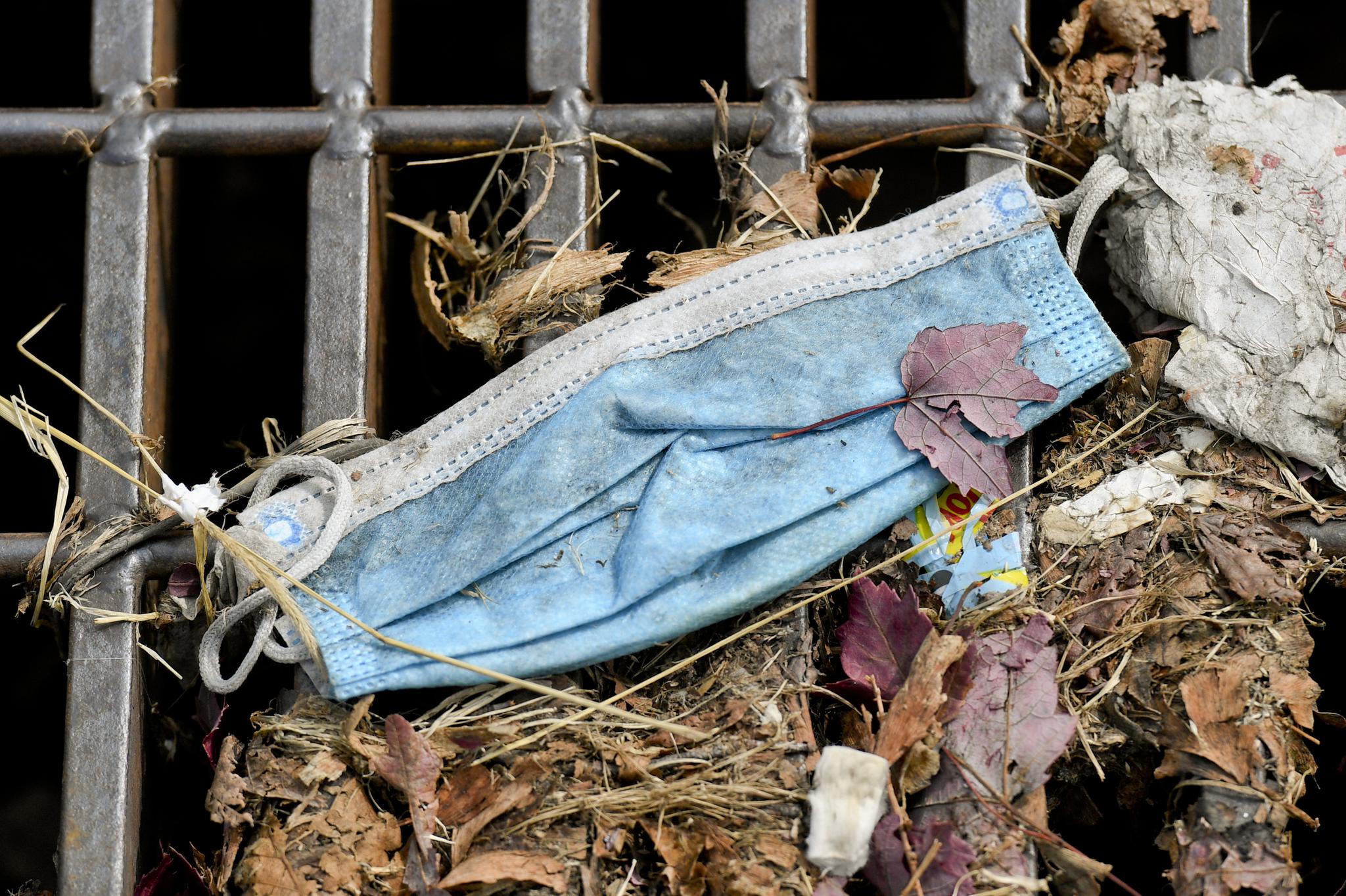Confused By CDC's Latest Mask Guidance? Here's What We've Learned

If you're fully vaccinated against COVID-19 (as in, you've gotten all your shots and waited two weeks) the U.S. Centers for Disease Control and Prevention announced Thursday you can mostly go ahead and stop wearing your mask and stop social distancing — inside and out.
"Fully vaccinated people can resume activities without wearing a mask or physically distancing, except where required by federal, state, local, tribal, or territorial laws, rules, and regulations, including local business and workplace guidance," the CDC now says. (There are some important exceptions we'll get into below.)
The shift in guidance was a dramatic reversal from the country's top public health agency, which has been criticized for being too conservative (and convoluted) in its earlier guidelines for those who are vaccinated. The latest changes have left a lot of people with a lot of questions, which NPR's science, health and education reporters are here to answer.
Was this shift in the guidelines a surprise?
Yes, many leaders in the public health world say they didn't see the loosening of recommended restrictions coming so quickly, and some were dismayed.
Dr. Leana Wen, an emergency physician and public health professor at George Washington University, called the change "stunning" in a Friday interview with NPR. "CDC seems to have gone from one extreme of overcaution, to another of basically throwing caution out the window."
"If the United States had the vaccination rates of Black communities (about 27%) I don't think the CDC would have changed the masking guidelines," Dr. Rhea Boyd, a pediatrician and public health advocate in the Bay Area, wrote on Twitter. "We should change guidelines when it is reasonable and safe for the populations made MOST vulnerable, not for those who are the least."
Others were
You’re reading a preview, subscribe to read more.
Start your free 30 days

